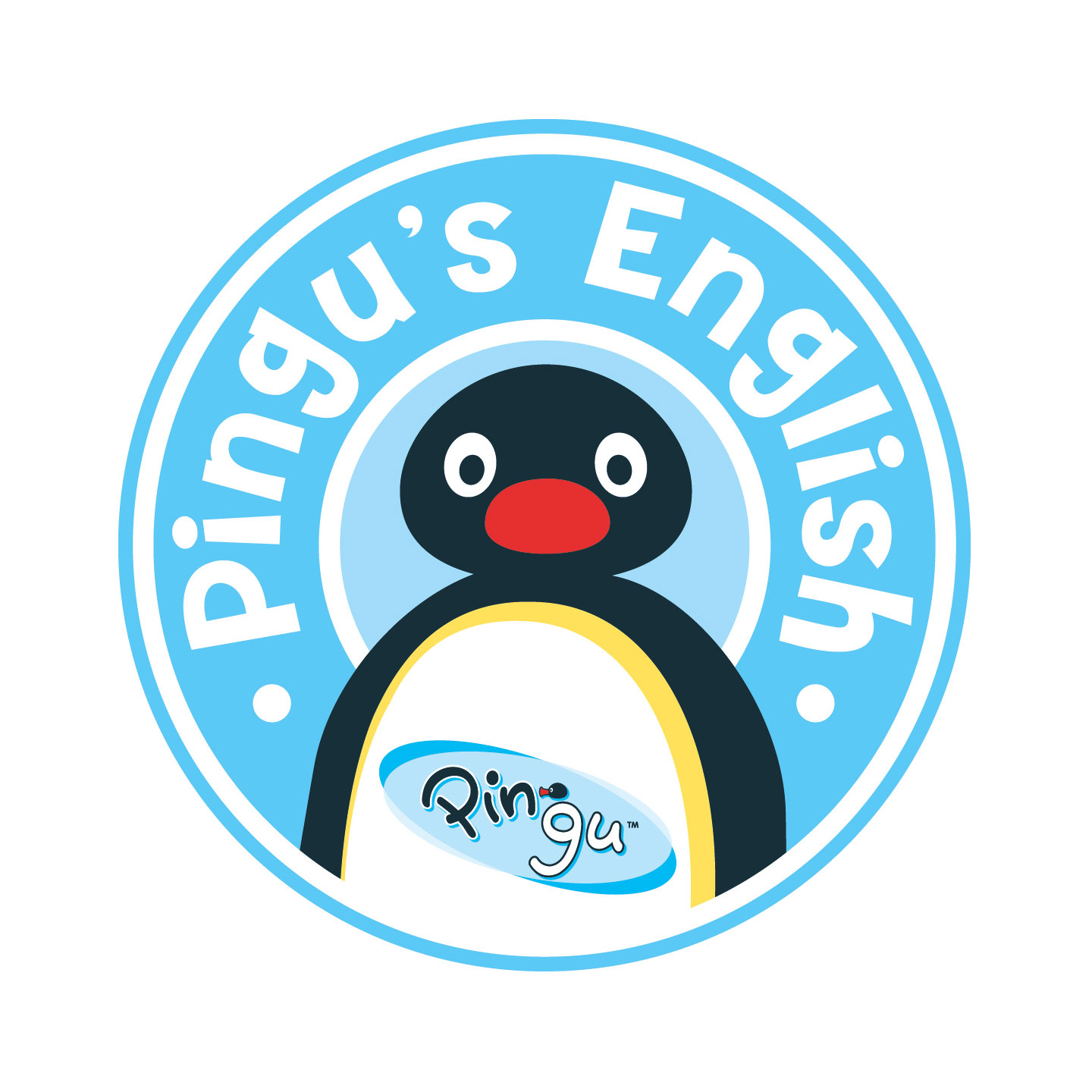Parent-teacher partnership triangle, also known as the ‘Education Triangle’ plays a vital role in improving children’s work, habits, and attitudes about school, and helps in improving their grades. Parents are the first practitioners of their children, they help them to learn new things in the safe environment of home; kids idealize them the most, when children are introduced to their second teacher in school, the role of parents does not end, it rather opens the gateway to the beginning of a new life of their children, a life which is full of new experiences and challenges.
The education triangle is an equilateral triangle which indicates that all three of them are equally significant to each other, and are interconnected with each other.
In a parent-teacher partnership each party bears the responsibility to play their part affirmatively.
How parents can show their participation?
Be Involved: Let the teacher know that you are involved in your child’s education. Build a positive relationship with the teacher through communication. Suggest ways that can help the teacher to design tasks which are best suited for your child.
Educate Yourself: Education in this context does not mean the degree and certificates you have, it means keeping yourself well-versed with the latest learning and teaching methodologies that are being taught in your child’s school. When the parents are aware of the latest trends in education they can always pour in their suggestions, and help the teachers to improve their teaching methodologies.
Appreciate your Child: Children need constant appreciation and encouragement from their parents. This is the only thing that keeps them going on even in the hardest times. Parents should make sure that their child comes to school in a happy mood, if a child is stressed or worried because of his disrupted home environment, he will not be able to learn or participate in class activities.
What is the role of a teacher?
Teacher as a Second Parent: Teachers are like second parents to their learners; they shape them, and help them to understand their goals and talents. It is teacher’s responsibility to make their bond so strong that learners follow them; not out of fear, but out of respect.
Communication: Communication is the key to success of every relationship. It is the prime responsibility of the teacher to stay in touch with the parents.
Writing notes in the diary, making a phone call, or asking them to come for a meeting if there is something important to discuss would be beneficial in this regard.
Gaining the trust of Parents:
As a teacher, I believe the most difficult task is to gain the trust of parents. It is very hard to make them understand that their child is in safe hands, and whatever we do is for the betterment of their child. This can only be achieved through positive communication, healthy discussions, and respecting each other’s opinions.
Avoid Comparison: The worst thing anyone can do to a child is ‘comparison’. Every child is born with unique abilities, some are good artists, some are good speakers, and some have leading skills.
Two humans are completely different from each other, comparing them is like insulting nature.
What is the role of learners?
Role of Learners: Once teachers gain the trust of learners’ parents, they will surely gain the trust of the learners too. This step serves as the foundation for future teacher-student relations, and how they work in cohesion with each other for the attainment of their goals.
The parent-teacher partnership holds a significant position in the holistic development of a child. Positive connections between parents and teachers are mandatory to improve learners’ academic achievement, social competencies, and emotional well-being.
Written By: Miss Sana Hameed
 Testimonials
Testimonials
